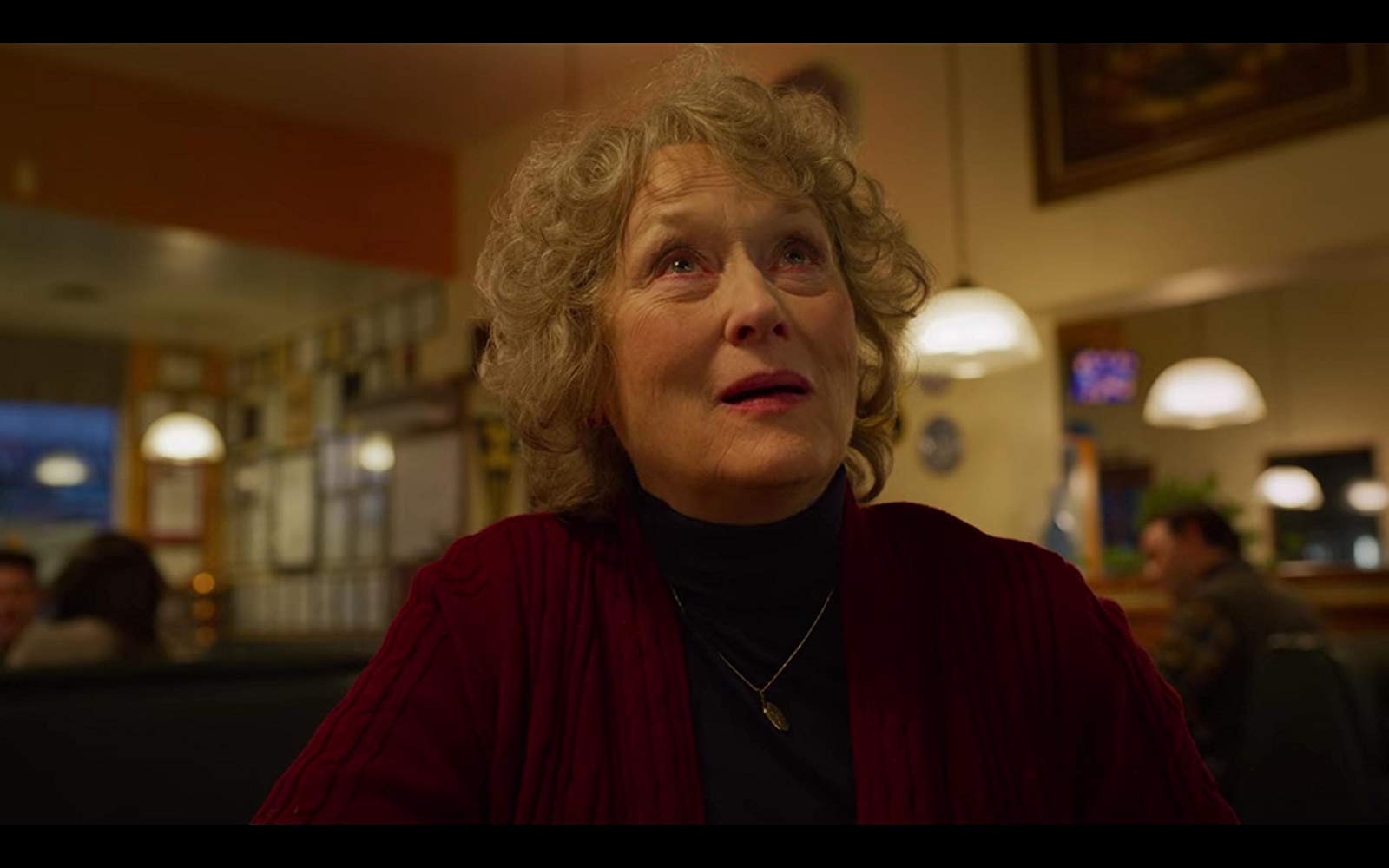When The Big Short was released in 2015, it should not have worked nearly as well as it did. It was trying to explain a complex issue within the constraints of a two hour movie while still providing an interesting narrative to keep the audience from getting bored. It had way too many storylines, most of which were only tangentially connected, all interspersed by independent asides that were necessary to explain what was going on. It was also a comedy, trying to wring humor out of a situation that had directly hurt most of its audience while still providing an urgent call for action and change. The fact that the final product ended up being both understandable and compelling is nothing short of a miracle and a testament to Adam McKay’s talent as a filmmaker. In anyone else’s hands, The Big Short would probably have turned out a lot more like The Laundromat (2019).
The Laundromat, a new Netflix film from veteran director Steven Soderbergh, is a painfully obvious attempt to replicate the success of The Big Short. Like The Big Short, The Laundromat attempts to explain a financial crime, this time the various shady dealings of the Mossack Fonseca law firm that led to the release of the Panama Papers in 2015. The film also liberally copies the tone and form of The Big Short, presenting the narrative as a series of barely-connected, semi-comedic stories intercut with fourth-wall-breaking asides to explain the technical aspects of the story. Both films seem to star every A-List actor in Hollywood and both films end with a plea to the audience to do something about the shady behavior they’ve just witnessed onscreen. Unfortunately, The Laundromat fails to use these elements effectively and exists only as a pale imitation of a better film’s success.
The Laundromat starts out promising, with a sweeping long take that covers the history of money while also introducing us to the film’s snobby narrators, Mossack (Gary Oldman) and Fonseca (Antonio Banderas). We then meet Ellen Martin (Meryl Streep) and are shown how she loses out on the money she’s owed for her husband’s (James Cromwell) death because of sketchy financial dealings she barely understands. The stage is set for Ellen to be our every-woman protagonist, slowly uncovering the financial secrets of the rich and powerful in order to get justice for the average people who have been hurt by their crimes. The film, however, only briefly follows this plotline before abruptly becoming an anthology of vignettes. These vignettes aren’t bad, but the only logic that connects them to the rest of the movie is them being another endeavor that the Mossack Fonseca law firm was involved in. They don’t explain anything or affect any of the characters, they just exist to fill time. Mossack and Fonseca keep turning up to “explain” things and Ellen’s name is often invoked in a weak attempt to provide a narrative throughline, but overall the last two thirds of the film feel like they don’t know what they want to say. Ellen’s story is never resolved, the financial mumbo-jumbo never makes sense, and it never becomes clear how the vignettes relate to any of it.
Beyond its inability to craft a cohesive and narratively interesting story, The Laundromat also has no idea what to do with its actors. The cast is huge, with nearly every speaking part played by a recognizable actor, but those big names are often either wasted in their roles or allowed to do things that are just bad ideas. Many of the actors, including Sharon Stone, David Schwimmer, Chris Parnell, and Will Forte are on screen for literally less than a minute, adding nothing to the film other than confusion over why famous people were hired to be glorified extras. On the other end of the spectrum, Meryl Streep, who admittedly gives the best performance in the movie, weirdly overstays her welcome. After Ellen’s story peters out, the film makes the artistically and ethically questionable decision to cover Streep in bad prosthetics and have her play an old Latina woman for the latter half of the movie. It’s a baffling turn that’s only purpose seems to be keeping the film’s biggest star onscreen for as long as possible. All of this fades into the background, though, whenever Gary Oldman is allowed to speak. The pseudo-German accent that Oldman uses throughout the film is bizarre, making every line he delivers sound like a one-liner from a campy Bond villain. Beyond ruining his own performance, it highlights the overly stylized nature of most of the acting in the film, somehow making his co-stars seem cartoonish by association. Though the talented cast of The Laundromat should have been able to elevate the film, their choices only make the movie more confusing and less believable.
Ultimately, the disjointed narrative and weird casting in The Laundromat are all a function of one very simple problem: The movie wants to be much smarter than it actually is. In spite of all the flashy nonsense, the only thing the movie really explains is that Mossack Fonseca used shell companies to let rich people do shady things with money. It’s a very simple message buried under a lot of extraneous fluff. If the movie had focused on its characters and how the financial finagling really affected them, it might have been able to weave a compelling narrative out of the scandal. Instead, it tries to copy The Big Short and falls flat on its face. The Laundromat is banal when it wants to be profound, confusing when it wants to be clever, and condescending when it wants to be inspiring. Money is complicated and rich people sometimes do shady stuff with it, but we don’t need a movie this obnoxiously complex to explain that.





